
By Olusegun S. Ayeoyenikan
To tackle the menace of poverty, unemployment and insecurity, Nigeria needs sustainable industrial growth and manufacturing capacity for real development.
No doubt having a production base for a competitive industrial economy is the only remedy to Nigeria’s dependence on importation.
What is an industrial economy? Simply put, it is the prevalent use of machines, equipment or technologies in industry and all business concerns. They combine other factors of innovation,
production, facilities, supplies, work and knowledge to produce material goods or services intended for the market.
The functional nature of infrastructures and investments in science, technology and innovation systems to drive Nigeria’s industrial production determine the relative presence or lack of competitiveness in the production of tangible goods.
When a nation lacks efficiency, it faces industrial underdevelopment with all the associated deplorable social and economic conditions.
Countries like Japan and China were initially not among the European nations that experienced the first and second industrial revolutions from the 17th to 19th centuries. But they have rapidly advanced to join the League of Industrialised Nations.
This is because they deliberately invested in research and development (R&D), innovation, science and technology. Similarly, the newcomers to the global industrial arena are known as the Asian Tigers. They are Malaysia, Singapore, Thailand, and others.
They discovered the secret of substantial investments in science and innovation much earlier than many African nations, including Nigeria.
Science, technology, engineering research and innovation are the essential bedrock for any meaningful industrialisation endeavour to take place. The implication is that if Nigeria does not prioritise engineering, science, technology and innovation in its economic recovery and growth plans, the success will soon be short-lived or unsustainable.
Countries like Japan, the U.S.A, China, Germany and Indonesia among others, over time, gained their reputation as “Economic Giants”. This is due to the priority which the leaders gave to R&D investments.
They earmarked between five and six per cent of their GDP for the development of science, technology and innovation (STI). Investment in STI is a core factor of development. And therein lies the secret of advanced nations’ leadership, pursuit and commitment.
The Presidency established the National Agency for Science and Engineering Infrastructure (NASENI) in 1992, to nurture an appropriate and dynamic Science and Engineering Infrastructure base.
This aimed to achieve home-initiated and home-sustained industrialisation through the development of relevant processes, appropriate local machine design and machine-building capabilities for capital goods and equipment manufacture to guarantee job creation, national economic well-being and progress.
Previous R&D efforts and other activities within NASENI’s mandate areas had translated into various technology interventions leading to the attainment of capacities and capabilities in local mass production of capital goods, tools and equipment in critical sectors of the economy.
These efforts are visible in areas like agriculture, power, water resources, automotive industry, ICT and health. Other areas are aviation, education, transportation, scientific equipment and manufacturing, chemicals and others.
Read Related Articles:
NASENI invests in powerstove to boost stove production
Tinubu directs MDAs to patronise NASENI tech products
NASENI launches new smartphone, solar, other products
3 tech hubs win N30m in 2023 Tech Innovation contest
Buhari inaugurates NASENI Technology Complex
The government established NASENI strategically to produce relevant technologies, set up industrial plants and stimulate knowledge-based entrepreneurship for the socio-economic advancement of the country.
However, the lack of patronage of its products and technologies by local entrepreneurs and low commercialisation is a major challenge. This has left most of the products to waste away on the shelves.
However, with the coming on board of a new chief executive, Mr Khalil Suleiman Halilu, there has been a dramatic change of focus toward full commercialisation of NASENI’s resources. The agency’s products are now available in the market to boost the economy.
Under Halilu, a technopreneur and businessman, NASENI today stands as a beacon of indigenous technological advancement. It is aligning with its core mission of fostering dynamic science and engineering infrastructure for national progress.
The agency has articulated a vision to fuel Nigeria’s innovation for a sustainable future through the 3Cs principle. These are Collaboration, Creation and Commercialisation. They have opened more doors to result-based partnerships with national and international communities.
“Our new model at NASENI is to do everything to conserve resources, avoid duplication of efforts and shorten go-to-market time. This means that wherever we find serious partners, already operating in our areas of interest, we will work with them to improve products. We will also take these products to the market.
“As a government agency, we are not out to compete with the private sector. Instead, we are here as partners and enablers, helping with everything from design to testing, or helping companies to scale up production capacity and to seek out new markets,” Halilu said at a recent forum,
The agency recently unveiled some branded technological products manufactured in collaboration with its partners. These include solar irrigation systems, electric vehicles (ranging from tricycles to motorcycles), NASENI home solar systems and animal feed milling machines. Others are laptops, smartphones, solar streetlamps and lithium batteries. All these efforts were geared towards creating jobs and reducing import bills.
NASENI is not only promoting the development of digital technologies, it is also carrying out additive manufacturing, using 3D printing and other advanced manufacturing technologies to produce goods locally. Such additives include mobile financial transaction platforms to bring more people into the formal economy, among others.
NASENI has developed an electronic voting solution to help reduce electoral malpractices during elections. It is also working on other projects such as smart prepaid meters and
unmanned aerial vehicles (UAVs). All these are geared towards promoting economic development in Nigeria.
Over time, NASENI envisions that its domestic products and manufacturing initiatives will transition from “Semi-Knocked Down” (SKD) to “Completely Knocked Down” (CKD) assembly.
Ayeoyenikan is the Director of Information at the National Agency for Science and Engineering Infrastructure (NASENI) Headquarters, Abuja

Do you have a flair for Citizenship Journalism? Share story(ies) of happenings in your area with TheNewsZenith on WhatsApp: 08033668669 or thenewszenithonline@gmail.com


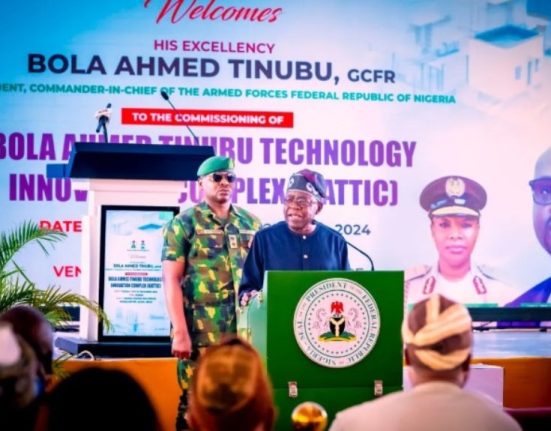
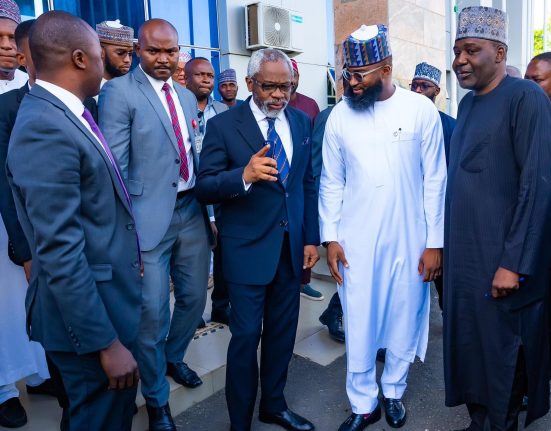
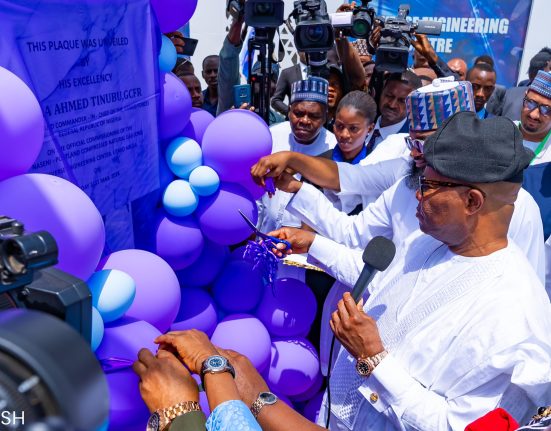

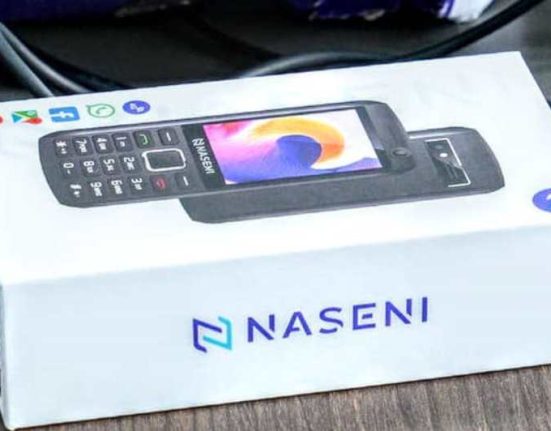
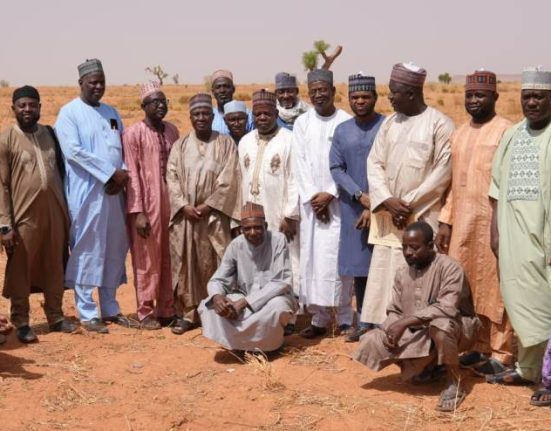
1 Comment